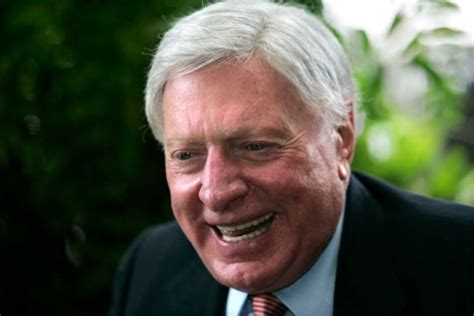A Quote by Julian Baggini
True respect means taking other people's beliefs seriously and assuming they are adult and intelligent enough to be able to cope with it if you tell them, clearly and civility, why you think they are totally, utterly and disastrously wrong.
Related Quotes
So how do we solve this ancient problem? How can we not just tolerate someone who believes differently than we do, but actually respect them for those beliefs? Because nothing less than that will do. It can?t. Simply tolerating someone who believes differently than we do isn?t enough. ?Accepting? them isn?t enough. Having true and abiding peace with them means loving them. And that means respecting them. Because love without respect isn?t real love at all. It?s at best condescending patronization.
Taking the things people do wrong seriously is part of taking them seriously. It’s part of letting their actions have weight. It’s part of letting their actions be actions rather than just indifferent shopping choices; of letting their lives tell a life-story, with consequences, and losses, and gains, rather than just be a flurry of events. It’s part of letting them be real enough to be worth loving, rather than just attractive or glamorous or pretty or charismatic or cool.
What [he] is apparently objecting to is that not everyone takes his beliefs seriously. Indeed, some don't seem to respect his beliefs at all, and actually poke fun at them. Well, I have news for [him]: that's the nature of a free society. Opinions don't necessarily merit respect; they must earn respect in the marketplace of ideas.
You ought to be able to explain why you’re taking the job you’re taking, why you’re making the investment you’re making, or whatever it may be. And if it can’t stand applying pencil to paper, you’d better think it through some more. And if you can’t write an intelligent answer to those questions, don’t do it.
Realization of this need means adults must awaken to the urgency of the young people's unrest-in other words there must be created an adult unrest against the inequities and injustices in the present system. If the government is in jeopardy, it is not because we are unable to cope with revolutionary situations. Jeopardy means that either the leaders or the people do not realize they have all the tools required to make the revolution come true. The tools and the opportunity exist. Only the moral imagination is missing.
I tell you, I've always been quite physical about acting. I've always felt about for the shape of someone or the deportment, for better or worse. Sometimes I think I've done it disastrously, and other times, when I'm not thinking about it so much, less disastrously, but I can't seem to control it much.
Civility means a great deal more than just being nice to one another. It is complex and encompasses learning how to connect successfully and live well with others, developing thoughtfulness, and fostering effective self-expression and communication. Civility includes courtesy, politeness, mutual respect, fairness, good manners, as well as a matter of good health. Taking an active interest in the well-being of our community and concern for the health of our society is also involved in civility.
Externalists reject any such view. I think that the idea that we can tell, simply by way of reflection, whether our beliefs are justified, is deeply commonsensical. More than that, the idea that responsible epistemic agents ought to reflect on their beliefs, and hold them only if they somehow pass muster, is utterly natural.
Become aware of your beliefs and automatic default settings. Bring them into the light of your present, adult knowledge. Gently acknowledge that they are what they are. Then accept that they constitute what you've believed until now, and that you can transform them into beliefs that allow you to fully express who you really are. Without judgment, patiently begin working to change subconscious and limiting beliefs into true expressions of your authentic self.
You get respect in society if you are aggressive. If you fight then people respect you. If you fight back, people like you for that as well. When Ive been beaten up, if Ive been in a pub doing nothing wrong, the fact I chose not to fight back, that I would never throw a punch back, people say Im weak. I dont think thats a weak thing at all. I think why should I descend to their level? If Ive done nothing wrong, throwing a punch back makes me as bad and corrupt as them. As evil as them, as stupid as them.



































